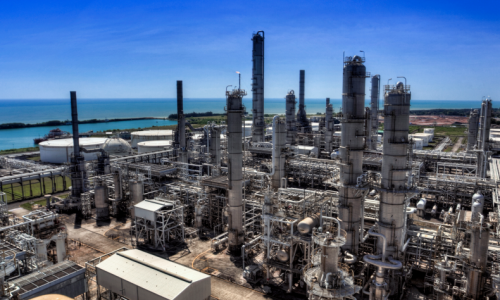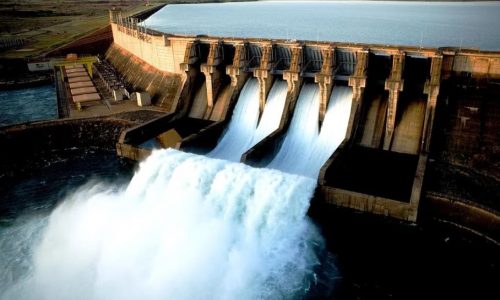State-owned Chinese oil and gas company Sinopec is scheduled to visit Indonesia this month to explore the application of new technologies aimed at enhancing oil and gas production in the country, primarily on the application of enhanced oil recovery (EOR) technology to boost output in five key fields operated by Pertamina.
“In September this year, Sinopec’s technical team will visit Indonesia to evaluate technology applications in five of Pertamina’s oil and gas fields,” Ariana Soemanto, Director of Upstream Oil and Gas Business Development at the Ministry of Energy and Mineral Resources (ESDM), said in a statement as quoted on Monday, September 2, 2024.
Sinopec and Pertamina are planning to implement advanced EOR technologies to increase oil recovery rates.
EOR is an advanced oil recovery method that involves injecting additional energy into the oil reservoir using special materials or fluids that are not naturally present in the reservoir, significantly increasing the amount of oil that can be extracted.
“With EOR, we are confident that we can increase oil and gas production,” Wiko Migantoro, Deputy Director of PT Pertamina, said during an interview on August 20, 2024.
Previously, the Ministry of Energy and Mineral Resources revealed that Sinopec was collaborating with Pertamina to enhance oil and gas production in five fields: Rantau, Tanjung, Pamusian, Jirak, and Zulu.
“The primary technology is EOR with a specially formulated method that is efficient and effective,” Dadan Kusdiana, Acting Director General of Oil and Gas at the ESDM ministry, said.
Chinese interest in investing in Indonesia’s oil and gas sector has intensified following a visit by then ESDM Minister Arifin Tasrif in May.
“China has the capability to achieve recovery rates above 50 percent. Therefore, we are coordinating with Pertamina to increase national oil production,” Dadan said.
Collaboration between Sinopec and Pertamina represents a significant step in enhancing Indonesia’s oil and gas sector.
By introducing advanced EOR technologies, the two companies aim to maximize production from existing fields, contributing to Indonesia’s energy security and economic growth.









